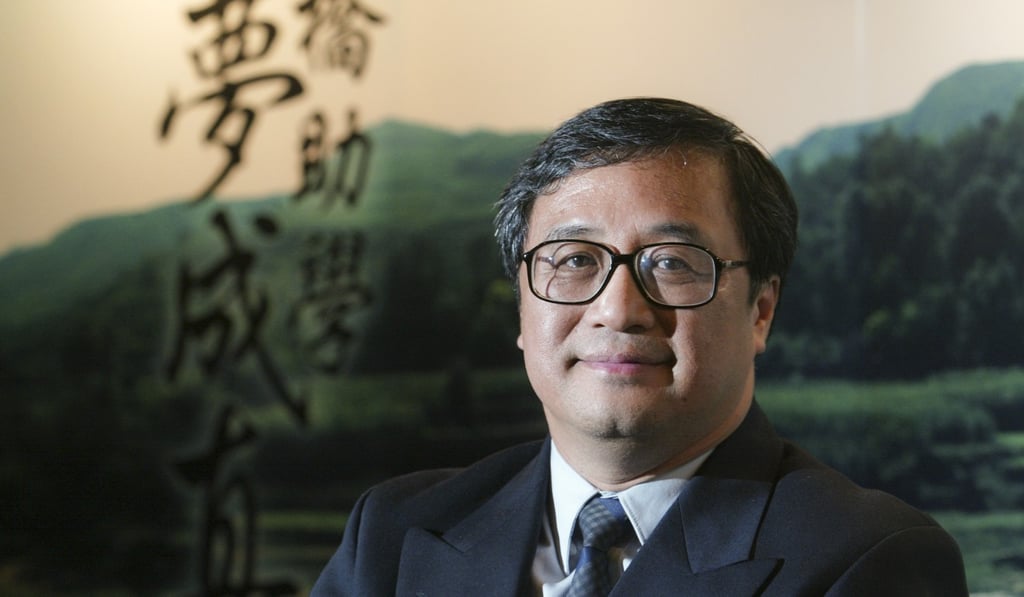Opinion | In politically polarised Hong Kong, hurtful response to NPC delegate’s death highlights the decline of civility
- While frictions over political and economic issues will continue to rise in Hong Kong, vicious personal attacks, like those directed at Peter Wong Man-kong on his death, serve little purpose

The “two sessions” – the annual meetings of China’s National People’s Congress and the Chinese People’s Political Consultative Conference – took place in Beijing in earlier this month. As one of the 36 NPC delegates from Hong Kong, I took part in the proceedings.
He had not been feeling well before making the trip to Beijing. I understand he had been advised not to go, but he had insisted on attending. This was his sixth consecutive term as a member of the NPC. He became a deputy back in 1993, making him the longest serving of the Hong Kong delegation.

As a young man, Wong joined his father’s shipbuilding business, but he became very interested in investing in the mainland when China began to open up. This was partly because he saw opportunities, but he also felt a strong sense of duty to help the country in its development.
One of his achievements was in the early 1990s, when he set up a hotel in the remote region of Gansu province to enable cultural tourism around the Mogao Grottoes and other Silk Road sites.

